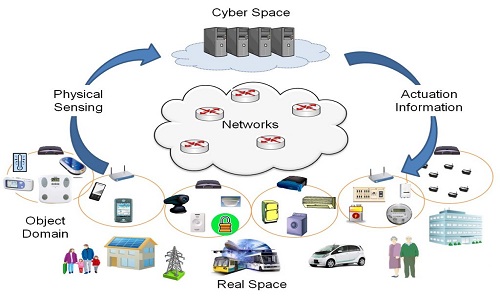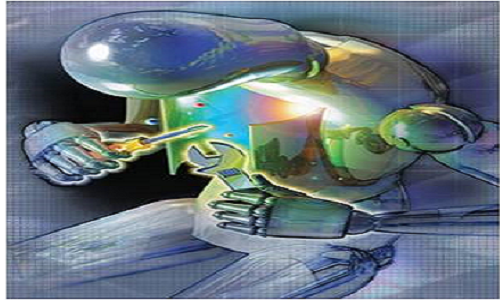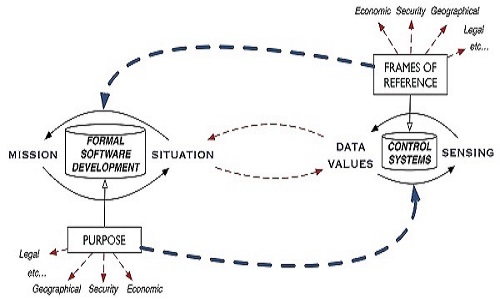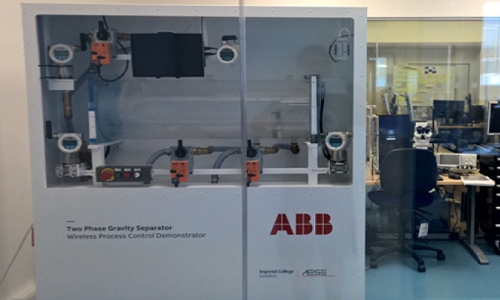Reliable Cyber Physical Systems
Next generation smart cities, manufacturing 4.0, smart buildings, driverless vehicles, precision agriculture etc. will go beyond sophisticated telemetry and will enable automatic distributed control. That is, we will move beyond merely understanding people, places and things via sensing and analysis to being able to close the loop and provide more automation. A Cyber-Physical System (CPS) is a system that combines both computation and physical processes. Most computing can be viewed in this way, but our specific focus is on systems that are heavily embedded in their environment and make intimate decisions about, or make changes to, that environment. This covers embedded sensing and actuation systems and control systems. Our interest here is to use knowledge of the environment to improve the performance or decision-making aspects of the computational elements of the system. In turn, this should have a better impact on the environment in question. We do this by understanding cyber-physical interactions through the development of integrated self-adaptive protocols that support distributed and collaborative analysis, prediction, and control mathematics, to give guarantees pertaining to reliability, stability, convergence, and security. This work involves the trade-offs of ensuring the timely delivery of state information using data complexity reduction, compression etc to minimalise communications and energy costs for systems spanning many kilometres, as well as scheduling systems to provide performance guarantees. It also involves the fundamental study of the systems and physics of Cyber-Physical interaction and how this impacts our ability to make such systems viable.







